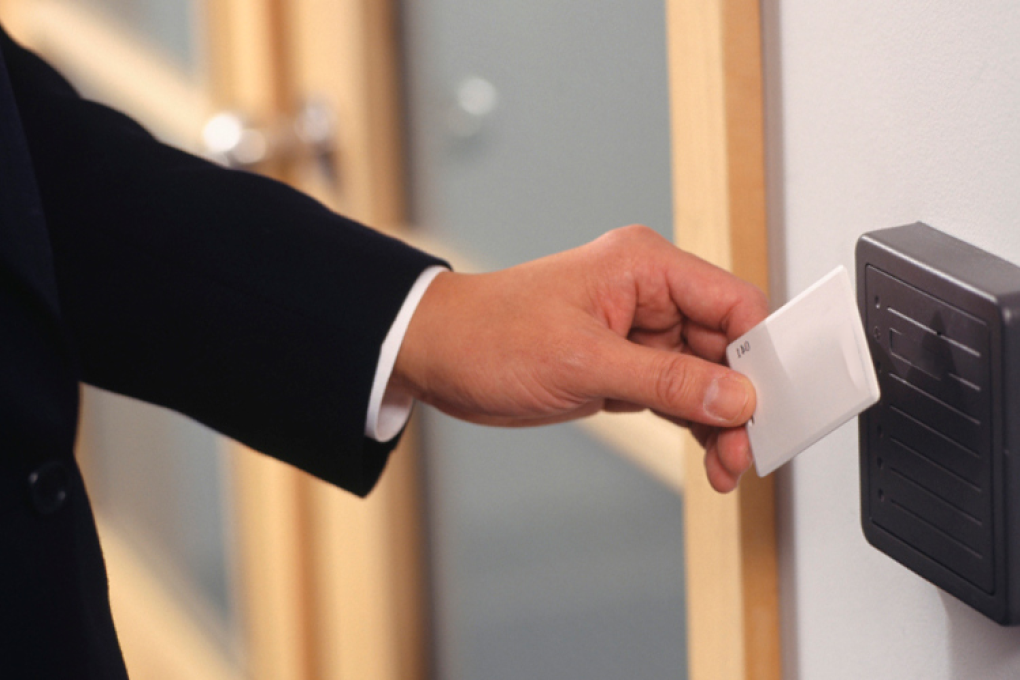This coin-sized device costs US$10 and can clone key cards and open office doors to thieves

Security researchers have created a coin-sized device for around US$10 that can hack and clone contactless key cards used by staff to gain admittance to hundreds of thousands of offices around the world.
The device is small enough to go unnoticed after it has been placed on the scanning machine outside an office entrance, where it stores people’s information throughout the day as they swipe their cards to open the door.
In this way, it acts similarly to an ATM card skimmer, except that it piggybacks on top of an external radio-frequency identification (RFID) card reader rather than a cash machine.
"Do these companies not care about physical security, or do they not understand the implications of these weaknesses?" they said in a statement.
The pair said they will release the specifications of the device online to highlight the dangers of RFID following a talk on Thursday at the Black Hat hacking conference in Las Vegas, where they plan to give away hundreds of the tools for free.